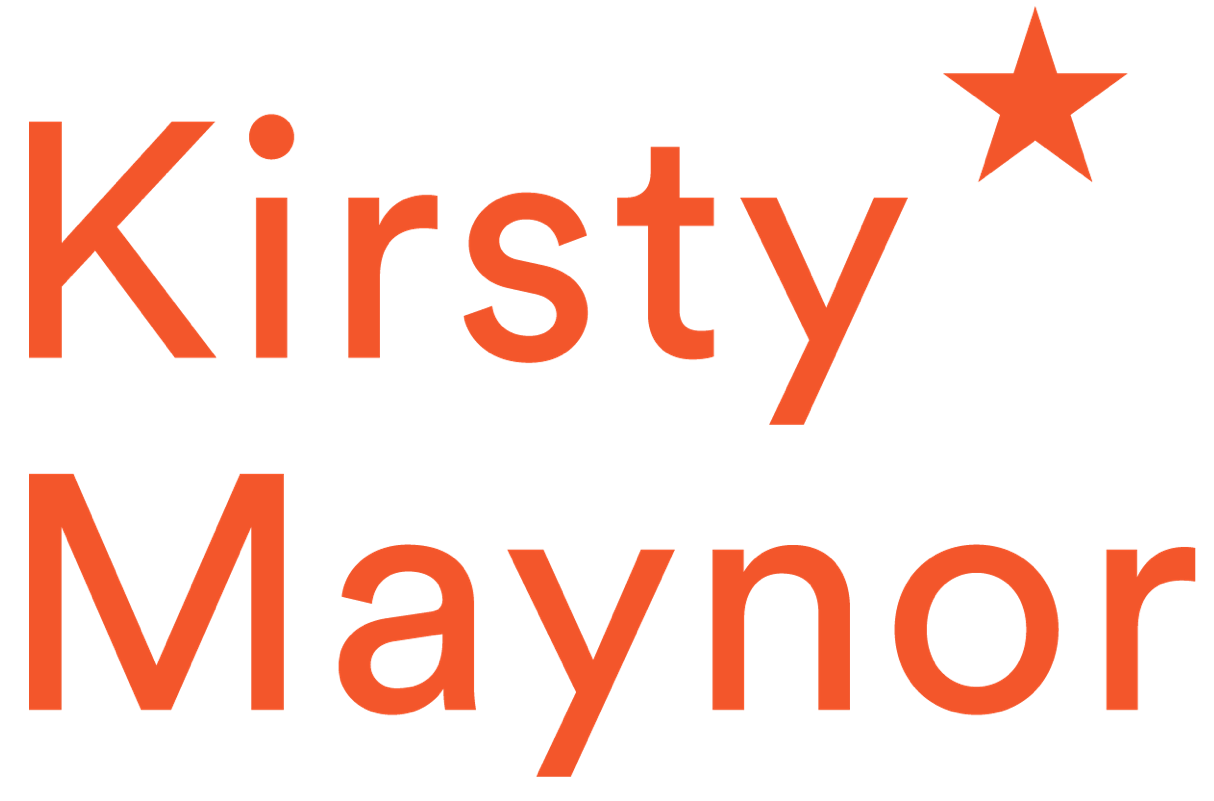When it comes to coping strategies, do whatever works for you!
There are times in life when it feels as though we’re constantly pushing the boundaries and expanding our horizons. In recent months that’s what it’s felt like for me - there has been so much going on (and some big things at that) that some days I can hardly tell up from down!
I was recently given the opportunity to run a workshop on transformation, harnessing collective wisdom and collaborative leadership with a group of extremely influential people in the leadership field. Although it was humbling and exciting to work with so many people whose work I admire and respect, I’d be lying if I didn’t admit that I also found the prospect pretty scary.
When we set out to create change in our lives - to grow and evolve - there is always scary stuff to face which can make us feel anxious and uncertain. That’s why it’s helpful to have robust coping strategies in place, to help us remain centred and provide us with the inner resources we need to cope with whatever challenges life throws at us (including those we go looking for when we bring about change in our own lives).
When I’m faced with things that I find daunting or overwhelming, a number of things can happen, and they’re not all 100% productive. If I'm totally stressed and freaking out about things (hands up if you’ve been there), I can be pretty short-tempered and my poor daughter (sometimes the cat and dog as well) usually bears the brunt of it. I know that's not a particularly healthy coping strategy but I’m human and I’m imperfect, so I don’t get it right every time.
This time, when I was feeling anxious and uncertain about the workshop, it would be logical to assume that I would focus on things like what kind of session I wanted to deliver, what kind of experience I wanted the delegates to have, what the key learning points were and what kind of conversations I wanted to create. But instead, my primary coping strategy was to focus on something that was related to the work that I needed to do, rather than the work itself: I turned my attention to what I was going to wear!
Although the workshop was only taking place over one morning, it formed part of a conference that lasted a number of days, which meant I needed more than one outfit. Looking through my wardrobe, I thought: “I have nothing to wear!”, so I decided that I urgently needed to shop for new clothes. Now, obviously this wasn’t true. I have a whole wardrobe full of clothes which I wear pretty successfully most of the time!
But focusing on what I was going to wear was simply my way of coping. The prospect of planning the workshop was too daunting at that moment, so, in order to feel more in control and less uncertain, I went shopping and bought myself a new pair of trousers and some lovely sandals to go with them. Obviously I then had to book a pedicure, but that’s another story.
The reason I'm sharing this story is because we all do things like this. There will always be times when we pay too much attention to the smallest details (sometimes even the wrong ones altogether), but it’s a normal reaction to feeling stressed or overwhelmed. By taking control of the smaller details, we start to feel more in control of the things which are out of our hands, or simply too much for us at that moment.
Of course, the experienced coach and change strategist in me knows that some of the best coping strategies include deep breathing, mindfulness and journaling. I did all of these things as well, but in the interest of full disclosure, I thought it might provide some reassurance to anyone who also does the crazy things - like freaking out and heading straight for the high street - to know that you’re not alone! Of course, in the end I got the work done too. I planned and delivered a great workshop and spent an enjoyable few days with some fantastic people who, by the way, loved the new trousers and sandals.
When you get the chance, take a moment to think about what your own “go-to” coping behaviours are, and ask yourself whether they help you to combat any insecurity or vulnerability you may be facing up to. Above all, remember that it’s okay to respond in whatever manner is most natural to you, especially if it makes you feel better and helps you to regain control; there’s no harm in leaning into established coping strategies when we need to.
Check out my blog for more tips on how to remain centred in the face of uncertainty.
